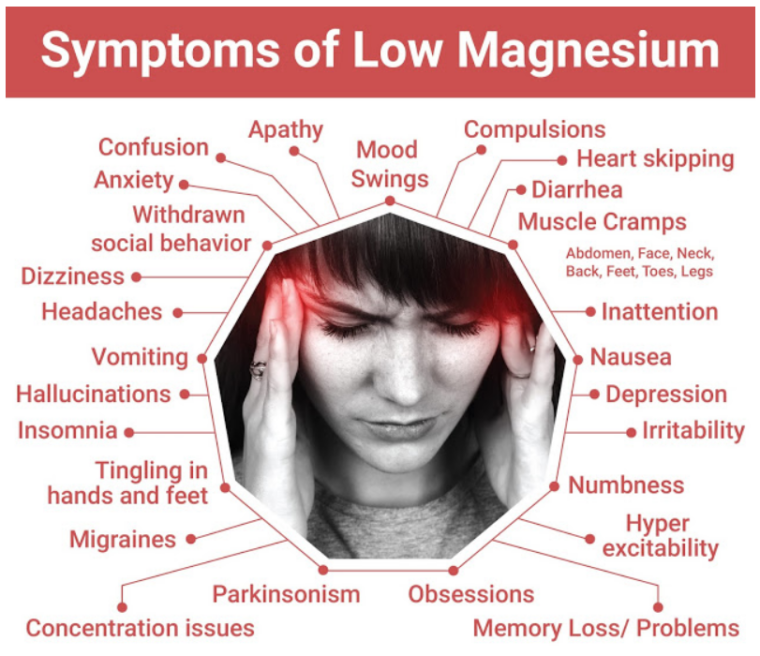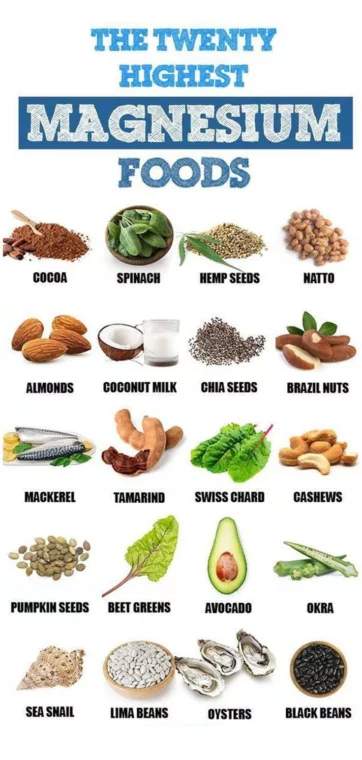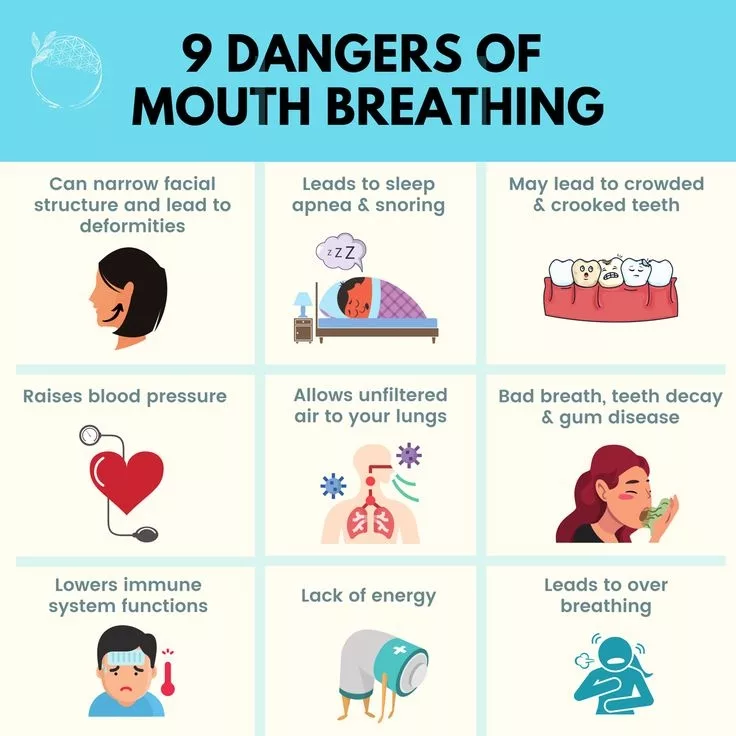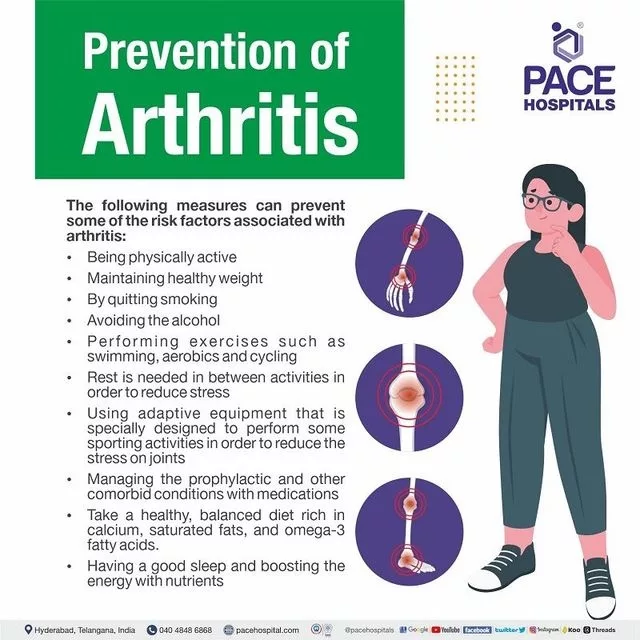The Amazing Benefits of Magnesium: How Can It Help Your Health?
Hello everyone! Today, we’ll explore the wonders of magnesium together. Magnesium is one of the essential nutrients our body needs, and its amazing benefits are worth exploring. Let’s learn how we can find ways to live a healthier life through understanding magnesium!

What is Magnesium?
Magnesium is a chemical element found in nature, represented by the chemical symbol Mg. It is one of the most abundant minerals on Earth, and it plays a crucial role in supporting the physiological functions of various living organisms. Our bodies also utilize magnesium extensively, and it has a significant impact on our health and bodily functions.
The Key Roles and Functions of Magnesium
Magnesium serves diverse functions in our body.
Firstly, magnesium is required to activate over 300 enzymatic systems in our body. These enzymes participate in various metabolic processes, such as energy production, protein synthesis, and DNA replication. Secondly, magnesium is important for the generation and transmission of nerve impulses, allowing our nervous system to function properly and enabling us to experience normal sensations. Additionally, magnesium is essential for regulating heart rhythms and maintaining healthy blood pressure. Lastly, magnesium is crucial for maintaining strong and healthy bones, working in conjunction with calcium.

Symptoms of Magnesium Deficiency
While magnesium plays vital roles in our body, a deficiency can lead to various health problems. People with magnesium deficiency may experience muscle cramps, fatigue, depression, and insomnia. Chronic magnesium deficiency can even be linked to more serious conditions, such as osteoporosis, heart disease, and diabetes. Therefore, ensuring adequate magnesium intake is crucial for maintaining overall health.
Magnesium’s Beneficial Effects on Different Health Conditions
Magnesium can have positive effects on various health concerns.
Firstly, magnesium can help relax muscles, alleviating muscle cramps and spasms. Secondly, magnesium may help alleviate depression and anxiety by regulating the production and transmission of neurotransmitters, promoting emotional stability. Thirdly, magnesium can benefit heart health by stabilizing heart rhythms and regulating blood pressure, reducing the risk of cardiovascular diseases. Lastly, magnesium, working in tandem with calcium, can help maintain strong bones and reduce the risk of osteoporosis.

Magnesium-Rich Foods and Supplementation
Magnesium can be obtained from various food sources. Examples of magnesium-rich foods include almonds, walnuts, bananas, avocados, green leafy vegetables (spinach, kale, etc.), oranges, and sweet potatoes. Regularly incorporating these foods into our diet can help us meet our magnesium requirements. Additionally, magnesium supplements can be a useful option, but caution is advised when selecting and using them.
Considerations and Proper Supplementation
When choosing magnesium supplements, there are a few important points to keep in mind.
Firstly, ensure the quality and safety of the supplement by selecting a reputable brand. Secondly, choose a supplement form that best suits your individual needs and health goals. Magnesium supplements come in different forms, and the appropriate type and dosage should be determined based on your personal circumstances. It is always recommended to consult with a healthcare professional before starting any magnesium supplementation.

Recommended Daily Intake and Safe Limits
The recommended daily intake of magnesium varies by age and gender. Generally, adult men require around 400-420 mg per day, while adult women need approximately 310-320 mg per day. However, pregnant, breastfeeding women, and individuals with certain medical conditions may have higher magnesium requirements. It is important to note that excessive magnesium intake can also have adverse effects, so it is crucial to stay within the recommended safe limits.

Frequently Asked Questions about Magnesium
-
How can I tell if I have a magnesium deficiency? Symptoms like fatigue, muscle cramps, and depression can indicate a magnesium deficiency, but a healthcare professional can provide a more accurate assessment.
-
Is it safe to take magnesium supplements? Magnesium supplements are generally safe when taken as directed. However, individual health conditions and potential interactions with other medications should be considered.
-
What foods are high in magnesium? Almonds, walnuts, bananas, avocados, green leafy vegetables, oranges, and sweet potatoes are all excellent sources of magnesium.
-
What are the potential side effects of excessive magnesium intake? Excessive magnesium intake can cause gastrointestinal issues like diarrhea, abdominal pain, and vomiting. It is important to stay within the recommended daily intake.

In conclusion, we have explored the remarkable benefits of magnesium and how it can contribute to our overall health. Magnesium is an essential nutrient that plays a vital role in various bodily functions. By understanding the importance of magnesium and incorporating it into our diet or through proper supplementation, we can strive to maintain our health and well-being. Remember to always consult with healthcare professionals for personalized guidance on your magnesium intake.





